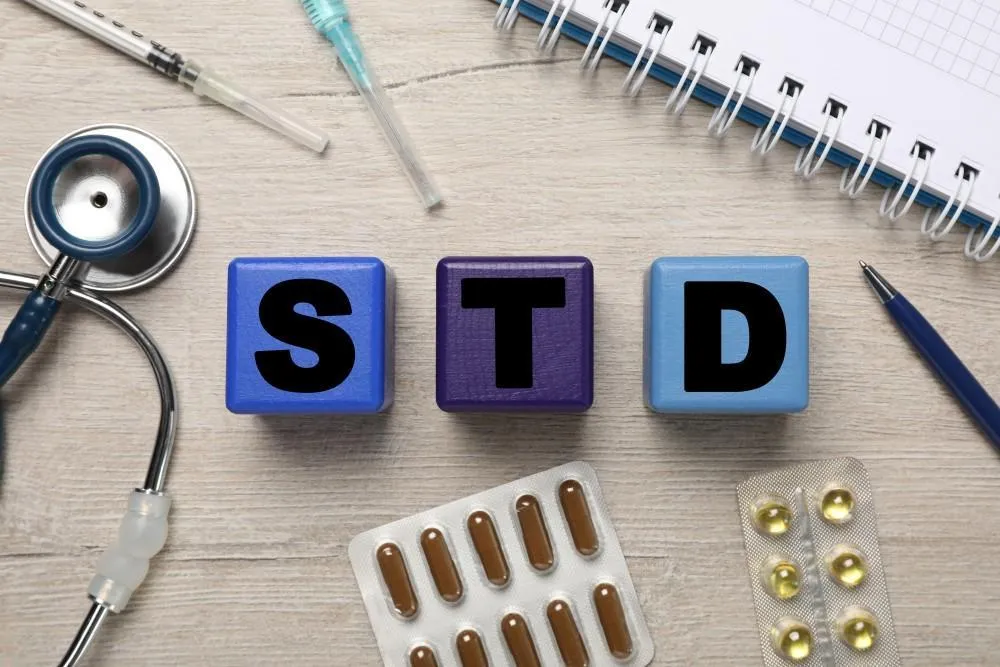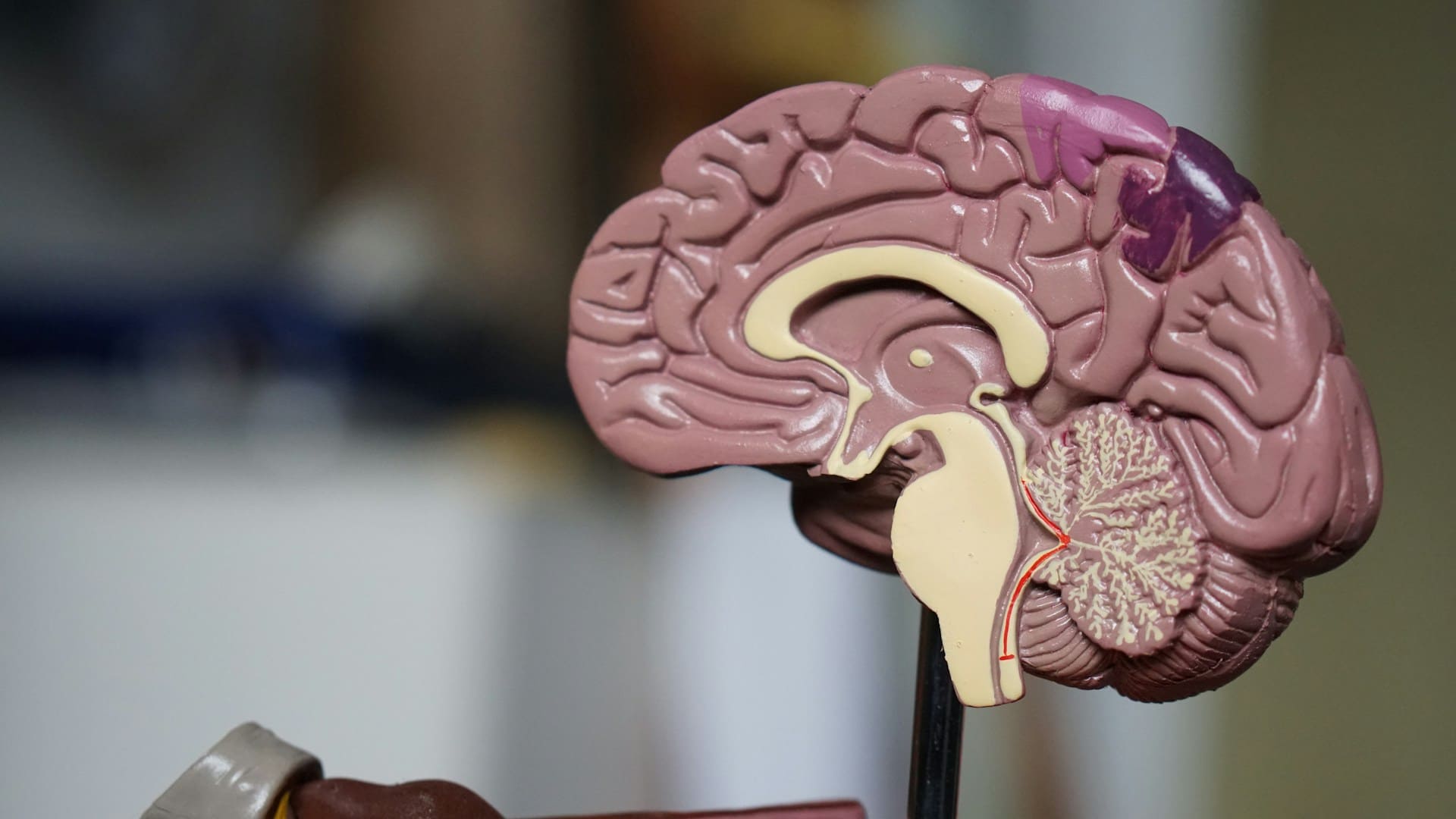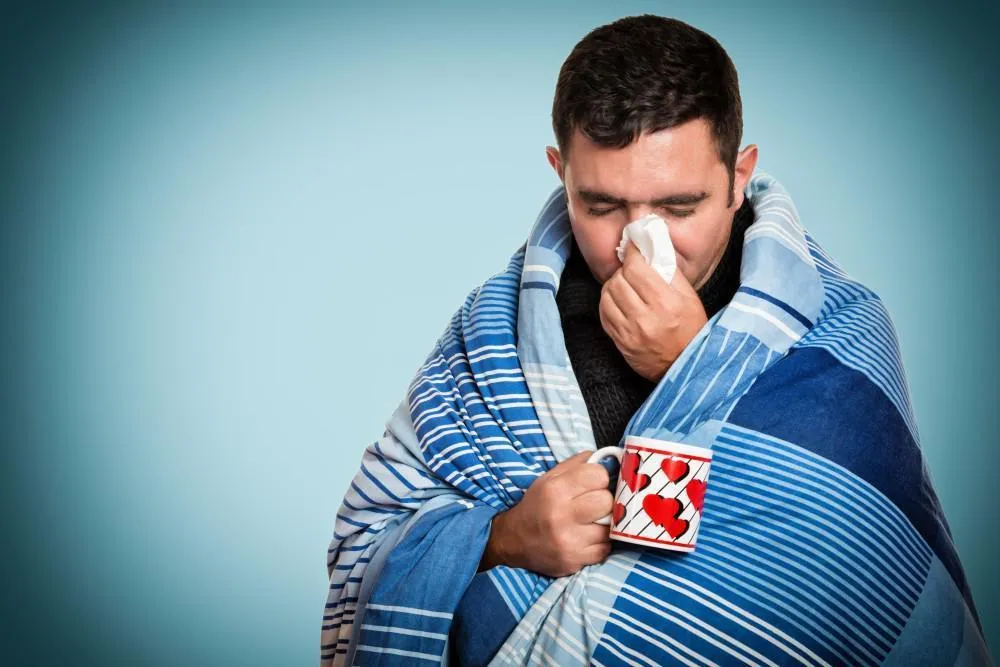How Setting Goals Can Positively Impact Our Mental Health

The speed of modern life is increasing day by day, and psychological and emotional stress is growing along with it. People try to fight it, but the world does not stand in place and is constantly changing, which means that stress cannot be avoided.
Mental health and goals for mental health refer to a person’s attempts to improve their emotional and psychological well-being. These goals may include developing positive thought patterns, increasing self-awareness, managing stress and anxiety, developing healthy relationships, and finding meaning and purpose in life. By establishing and achieving such goals, people can improve their emotional resilience, adaptive strategies, and overall sense of well-being.
Mental health is present at all times and in all places. It can be compared to air, which we hardly pay attention to, but without which it is impossible to live. It’s easy and common to overlook mental health, considering aspects of culture and access to care making it difficult to make it a priority. The perceived treatment of mental health sometimes involving medication or measures that a person feels is beyond their means can create a feeling that there is only so much that can be done to manage issues on an individual level. But it doesn’t work that way. It may be easy to feel overwhelmed by methods and lose sight of the fact that individual work, addressing personal needs both physically and mentally, can be done with a modicum of effort.
What are Mental Health Goals?
If you want to improve your mental health and solve life’s problems, it’s time to set mental health goals that will help you improve your mental well-being. These goals address different areas of life and fully embrace a person’s life activities. Emotional, cognitive, and social spheres depend on the state of a person’s mental health, so improving coping mechanisms to overcome different challenges increases the overall resilience of a person’s psyche. A mental health assessment is essential for identifying potential challenges and developing personalized strategies for emotional well-being and resilience.
Mental goals can be very different and can include aspects such as healthy eating, meditation, exercise, counseling with a therapist, and more.
Their main purpose is to help a person overcome anxiety, stress and difficulties in life. In addition, this approach also helps a person to set boundaries when communicating with others and promote self-actualization. By properly setting mental health goals, an individual can significantly improve their well-being and lead a healthier and more fulfilling life.
A person’s level of mental health varies from person to person at any given point in time. It is influenced by numerous social, psychological, and biological factors. Mental health problems are often experienced by people who lead unhealthy lifestyles, as well as people who have chronic illnesses or physical disabilities.
Since mental health is a variable throughout a person’s life, it becomes important to consider the dynamic nature of mental health goals. Take for instance the high instances of people setting goals around important events, such as birthdays, weddings, and anniversaries. However, once these events come and go, there can be a falling off of goal maintenance and overall individual growth. If a goal remains malleable to change beyond its immediate timeliness, i.e. its specific date if it has one, then a person increases their chance that they can shift that goal further out for the benefit of themselves moving forward.
Why is Goal Setting Important for Your Mental Health?
Setting goals for mental health is more than just a roadmap; it’s a vital tool for mental health. Goals for mental health provide structure, purpose, and motivation, fostering a sense of accomplishment and boosting self-esteem. By cultivating a sense of direction and achievement, they contribute to overall well-being and resilience in the face of challenges.
Moreover, achieving even small goals can provide a sense of control over one’s life, reducing stress levels. Overall, setting and pursuing goals can significantly contribute to improved psychological resilience and overall well-being. The prolonged emotional frustration you may experience leads to a sense of helplessness and dissatisfaction with your current situation.
Mental health affects every element of our lives: self-actualization, career, personal relationships, family, friendships, hobbies. Your sleep, mood, emotional balance, inner energy, physical condition, motivation, stress tolerance, and intelligence depend on it.
To avoid problems with one’s mental health, it is necessary to follow the rules of psychohygiene – to be able to set limits for oneself and others and to defend one’s values. You should not forget about what gives you pleasure, and examples of mental health smart goals are hobbies, delicious food, socializing with friends, good music, interesting movies, or even just a walk in the park alone with yourself.
Rules For Goal Setting
You need to take care of yourself and create comfortable conditions for living. This way you will prevent psychological disorders, protect your mental health and be able to overcome any problems in life. If you feel that something is wrong with your mental health, you should consult a psychologist as soon as possible. Recognizing signs that anxiety is out of control is crucial for seeking timely support and implementing effective coping strategies to regain a sense of calm and stability.
When setting mental goals, it is important to follow certain rules to ensure their effectiveness:
- Specificity: formulate goals clearly and precisely.
- Measurability: define criteria by which the achievement of the goal can be evaluated.
- Achievable: make sure the goals are realistic and achievable.
- Meaningful: the goals should be personally meaningful to you and consistent with your values.
- Awareness: be aware of your needs and desires when setting goals.
- Time limits: set a time frame for accomplishing the goals.
- Support: discuss your goals with trusted individuals or professionals for support and motivation.
Following these rules will help you work effectively to improve your psychological well-being.
Mental Health Goals to Try This Year
If you are trying to set mental health goals for the first time, the process may seem complicated and confusing at first. But remember that the well-being of your mental health is in your hands, and achieving even small goals can improve one’s psychological well-being. Remember that even the smallest step is a step towards a healthy and happy life, so you need to appreciate every moment and try to enjoy life. Practicing self-care for stress management is essential for maintaining a healthy balance in life, allowing individuals to prioritize their well-being amidst life’s challenges.
What are some mental goals? Here are 7 goals you can use as an example:
- Practice Daily Mindfulness: incorporate mindfulness exercises into your routine to reduce stress, increase self-awareness, and enhance overall well-being.
- Prioritize Self-Care: dedicate time each day to activities that nourish your mind, body, and soul, such as exercise, healthy eating, adequate sleep, and relaxation.
- Cultivate Healthy Relationships: foster supportive connections with friends, family, or a therapist to build a strong social support network and improve emotional resilience.
- Set Boundaries: learn to assertively communicate your needs and establish healthy boundaries to protect your mental and emotional well-being in relationships and work.
- Develop Coping Strategies: build a toolkit of coping skills to manage stress, anxiety, or depression effectively. This may include deep breathing exercises, journaling, or seeking professional help when needed. It may be helpful to define coping for yourself, in so much as do you feel that coping is more of a matter of distracting yourself until the moment has passed or are you trying to use a coping strategy that helps you learn from your experiences over time.
- Challenge Negative Thoughts: practice cognitive restructuring techniques to identify and challenge negative thought patterns, replacing them with more positive and realistic perspectives.
- Celebrate Progress: acknowledge and celebrate your achievements, no matter how small. Recognizing progress boosts self-confidence and motivation to continue working towards your mental health goals.
Track Your Mental Health Goals
Tracking your goals for mental health is a crucial step in maintaining emotional well-being and achieving personal growth. By recording your progress regularly, you gain insight into your habits, triggers, and patterns of behavior. Whether you use a journal, mobile app, or planner, document your goals, actions, and feelings each day. This practice helps you stay accountable, identify areas for improvement, and celebrate your successes.
Additionally, tracking allows you to monitor any changes in mood or behavior over time, enabling you to adjust your goals accordingly. Reflecting on your journey can provide valuable lessons and empower you to make informed decisions about your mental health. Ultimately, by actively tracking your mental health goals, you take control of your wellness and pave the way for a happier, more fulfilling life.
Conclusion
Mental well-being is the key to a successful and happy life. Implementing mental health goals can play an important role in improving your overall well-being and happiness levels. If you feel like you’re not coping, it’s time to seek help from a mental health provider at All Day Care clinic. Seeking anxiety counseling can provide valuable tools and strategies to help you manage and overcome your anxiety symptoms, leading to improved mental well-being and quality of life. Don’t be afraid to take this step, as it is the right thing to do if you wish to improve your mental health.
















































